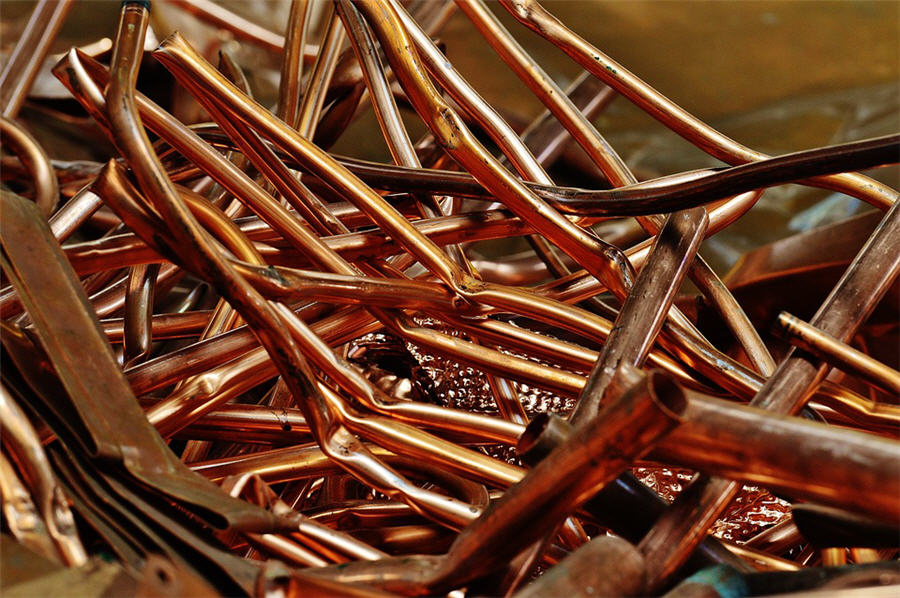China copper importers seek new metal sources as scrap crackdown bites

Chinese copper buyers are hunting for alternative sources of the commodity as ramped-up restrictions on imports of high-grade copper scrap kick in on Monday in the world’s top consumer of the metal.
China has been gradually curbing imports of scrap, which accounted for 10% of its copper use in 2018, in a campaign against shipping foreign solid waste into the country.
Chinese buyers are “very much interested” in off-grade cathodes, which can sell at a discount of $100 a tonne
From Monday, only firms with import quotas can bring in scrap copper from overseas.
“(Importers are) already looking for blister out of South America and Africa and everywhere,” said an executive at a company with scrap operations in China’s eastern province of Zhejiang. Blister is a partially purified form of copper.
Off-grade copper cathodes, which do not quite conform to standards set by exchanges such as the London Metal Exchange, are another alternative. Cathodes are a basic form of copper used to make products such as copper rods and tubes.
Chinese buyers are “very much interested” in off-grade cathodes, which can sell at a discount of $100 a tonne or more to registered brands, to compensate for the lack of scrap, said a source with a major supplier. He declined to be identified as he was not authorised to speak to the media.
“It seems that rod mills here are not so picky now,” he added.
Supply worries have been compounded by uncertainty over how quickly and how widely import quotas for high-grade scrap will be awarded.
China’s environment ministry last week released the first batch of quotas, mostly to companies in Zhejiang. Those were for 240,000 tonnes in total, equivalent to a tenth of China’s copper scrap imports in 2018.
“It was slightly higher than my previous expectations, but we haven’t seen any quotas released for Guangdong province yet, so maybe we shouldn’t get too excited,” said Chris Wu, senior copper consultant at research house CRU.
Zhejiang and the southern province of Guangdong are the country’s two main metal recycling centres.
The scrap executive with operations in Zhejiang said the quotas issued so far amounted to a steep cut that would cause “huge disruption”.
The list of quotas gave no timeframe for imports, but the executive said they were likely for the third quarter. “Q4 could be even less,” he warned.
“It’s created a huge panic and I think if anything it’s going to push (copper) prices up because they are going to be desperate for raw material in China.”
The environment ministry did not immediately respond to a faxed request for comment.
Choked ports
With Monday just days away, importers report congestion at key scrap ports. Two sources using Ningbo in Zhejiang said customs inspections had already become very strict. It has been taking 13-15 days to claim delivery of cargoes this month compared to the usual 10 days, one said.
Sanshan port, sometimes known as Nanhai, in Guangdong, near scrap hub Foshan, stopped accepting cargoes earlier than planned because of an excessive build-up of stockpiles.
“Everyone wants to get their cargo before July,” a Guangdong-based buyer said.
( By Tom Daly; Editing by Joseph Radford)
{{ commodity.name }}
{{ post.title }}
{{ post.date }}




Comments